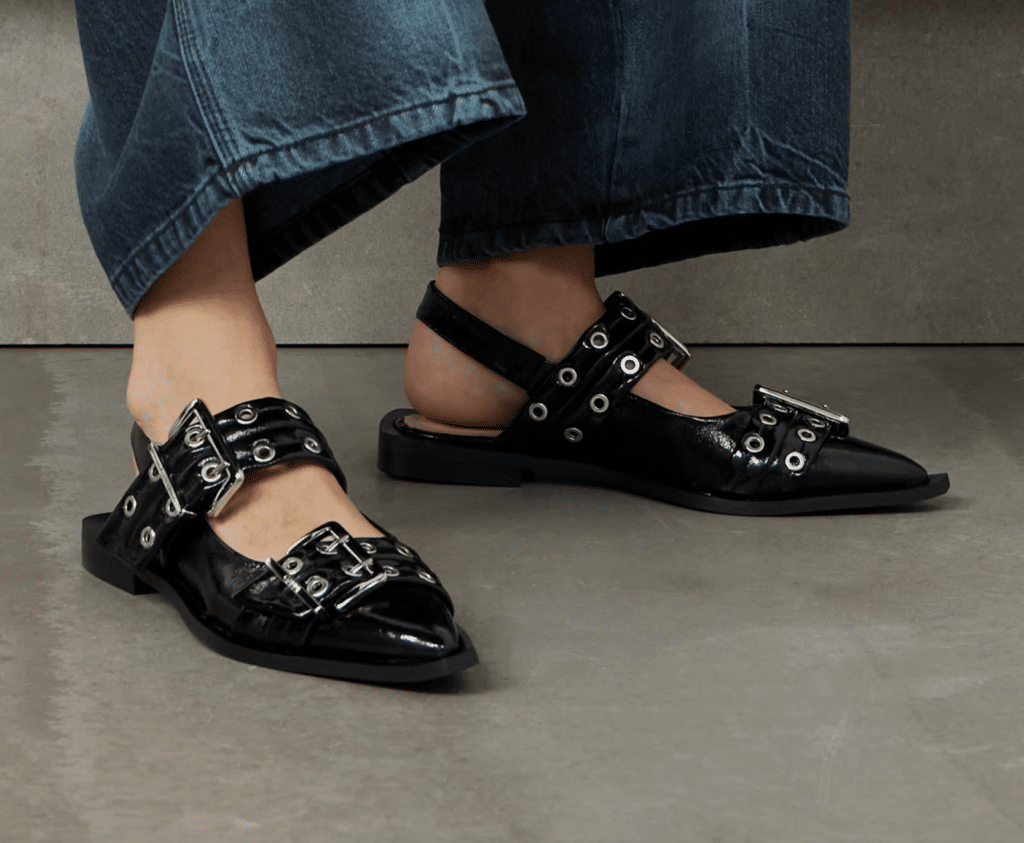Boohoo Group has reached a preliminary settlement in connection with a consolidated trio of proposed class action lawsuits accusing it of engaging in an alleged scheme to inflate the original prices of its fast fashion wares in order to “deceive customers into a false belief that the sale prices [that they advertise on their e-commerce sites] are deeply discounted bargain prices.” That is what plaintiffs Farid Khan, Haya Hilton, and Olivia Lee argued in the respective complaints that they filed against Boohoo Group-owned brands – Boohoo, Nasty Gal, and PrettyLittleThing – in the spring of 2020.
“Boohoo is pleased to report that the parties have notified the [U.S.] District Court [for the Central District of California] that they have agreed to the terms of a preliminary settlement relating to the [plaintiffs’] claims,” a representative for Manchester, UK-based Boohoo Group revealed on Thursday. “Whilst there is no guarantee that the preliminary settlement will result in a final settlement of the claim,” the company’s rep stated that “the parties will now work together to incorporate the terms of the preliminary settlement into a legally binding settlement agreement.”
The matter got its start back in April 2020 when Khan, Hilton, and Lee filed their since-consolidated suits, arguing that “on a typical day,” the Boohoo brands “prominently display on [their] landing pages some form of a sale where all products or a select grouping of products are supposedly marked down by a specified percentage – for example, 40, 50, or 60% off.” The problem with that, they contend, is that such a “sale” is “not really a sale at all,” and that “all the reference prices on the Boohoo websites are fake” since the retailers never offered up the “sale” garments for their original, pre-sale prices.
Given that the plaintiffs and other consumers have “relied on [the Boohoo brands’] representations that each of the products” that they purchased “was truly on sale and being sold at a substantial markdown and discount” when that was not true, the plaintiffs claim that Boohoo, Nasty Gal, and PrettyLittleThing are each on the hook for damages of more than $5 million for violating California Unfair Competition Law, California False Advertising Law, and California Consumer Legal Remedies Act.

The Defendants’ Answers
In the answers that they filed in response to the proposed class action complaints in February, the Boohoo Group brands denied the majority of the plaintiffs’ claims and set out nearly 30 affirmative defenses in an attempt to shield themselves from claims that they are actively engaging in a “scam” in order to “lure unsuspecting customers into jumping at a fake ‘bargain.’”
Specifically, the brands argued that despite the plaintiffs’ claims that they “fell victim to the deception” of various sale events, the plaintiffs do not actually allege any tangible harm. Khan, for instance, claims that he was duped by Boohoo’s “50% Off Everything” advertising, but “does not allege that he is out-of-pocket anything (e.g., that his $6 t- shirts were worth less than the rock-bottom price he paid for them).” As such, Boohoo and co. argued that the plaintiffs lack standing to bring their suits since “they do not plausibly allege that they suffered any damages, i.e., that the price they paid was more than the value received.”
Beyond that, Boohoo, Nasty Gal, and PrettyLittleThing each assert that “purchasing behavior is complex, and the overwhelming majority of [their] customers bought items for many different reasons that had no connection to the reference pricing, and without any misunderstanding as to what the reference price means.” In reality, they contend that “most of [their] customers” shop on their sites “because of [the] competitive pricing,” not necessarily because of any reference pricing tactics.
Still yet, the defendants have also argued that “all or part of the claims” asserted by the plaintiffs are barred by the First Amendment to the U.S. Constitution and the free speech provision of the California Constitution, “which protect, among other things, [the] defendants’ right to promote and advertise the products at issue.” The statutes that the plaintiffs rely on, including California Business and Professions Code section 17501 – the statute upon which their false advertising claims are based on – “unconstitutionally regulate free speech.”
The Free Speech Argument
Such a free speech assertion is not unprecedented, as J.C. Penney, Sears, Kohl’s, and Macy’s argued – in a similar case – that Section 17501 violates the First Amendment and California’s liberty of speech clause, and is unconstitutionally vague. In that case, which was filed in 2017, the Los Angeles city attorney argued that the retailers ran afoul of the California state law by offering up their products at “reference prices” that purported to reflect former prices.
(Section 17500 states, “No price shall be advertised as a former price of any advertised thing, unless the alleged former price was the prevailing market price as above defined within three months next immediately preceding the publication of the advertisement or unless the date when the alleged former price did prevail is clearly, exactly and conspicuously stated in the advertisement.”)
However, instead of actually reflecting previously-used prices, J.C. Penney and co. “deliberately and artificially set the false reference price higher than its actual former sales price so that customers are deceived into believing that they are getting a bargain when purchasing products,” according to the city.
In a motion to dismiss in that case, the defendant retailers argued that the statute restricts free speech rights and is unconstitutionally vague, and the trial court agreed, only to be overturned by the state appeals court in May 2019.
“By vacating the trial court’s grant of demurrer on grounds the statute was void for vagueness, the appellate panel’s decision reaffirms the validity of Section 17501,” Manatt’s Richard Lawson stated at the time. “It also puts retailers on notice that additional enforcement actions may be in their future.” At the same time, Holland & Hart’s Brent Johnson and Nathan Archibald noted that in light of the court’s decision, and the difference between the California state statute – which focuses on the “prevailing market price” – and the Federal Trade Commission’s – which centers on a retailer’s “own former price,” unless and until “a California court strikes down Section 17501 for violating the free speech rights of retailers, even a truthful price comparison is a violation if it does not meet the strictures of California’s pricing statute.”
The terms of the parties’ preliminary settlement have not been disclosed.
*The cases are Farid Khan, et. al., v. Boohoo, et. al., 2:20-cv-03332 (C.D.Cal.).











